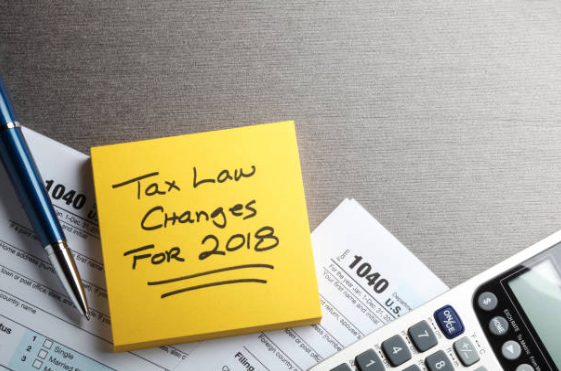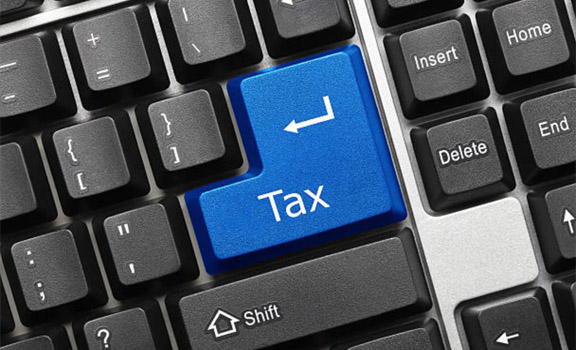Most consider spring and summer to be the optimum seasons for selling a home. And interest rates are currently attractive, so buyers may be out in full force in your area. During a recent conversation with a trusted lender of ours he indicated rates are back down into the low 4%, with some options in […]
Read More… from Selling Your Home? Consider These Tax Implications.









